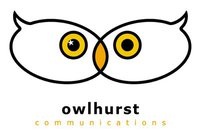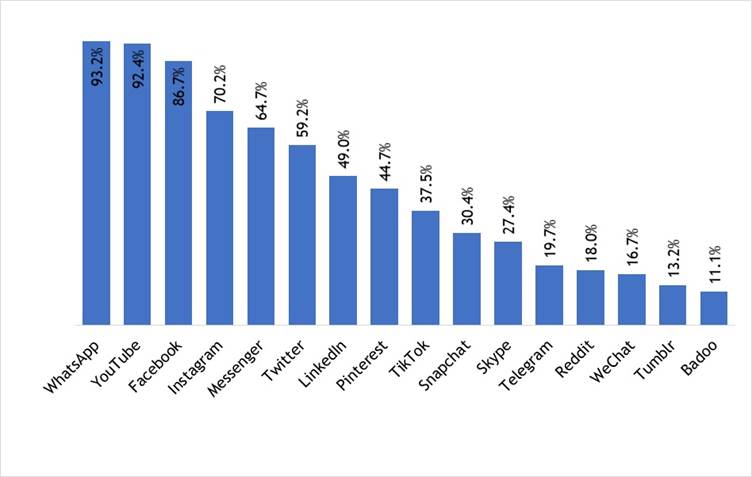
 By: Richard Lord, Media & Operations Director, Meta Media
By: Richard Lord, Media & Operations Director, Meta Media
So, the Super Bowl, the world’s biggest televised sporting event, was played this past Sunday with the New England Patriots winning a record equalling 6th title, beating the Los Angeles Rams 13-3 in the lowest scoring game in NFL history. This was Super Bowl LIII which, for the uninitiated (like me – I had to look it up), means it was the 53rd edition of the event that closes out the American NFL season.
Even here at the southern tip of Africa, land of boerewors and rugby, we have heard of the Super Bowl. We might not understand it but I am sure that some of us watched it…all 4 hours of it, even though actual game time is only 60 minutes. Crazy Americans!
But in South Africa, and particularly in our industry, the Super Bowl is synonymous with ads – lots of ads. Very expensive ads. You will have read comments and articles over the years marvelling at just how expensive a single 30 second ad in the Super Bowl costs (upward of $5 million this year by the way). We have all seen the ads…brands like Tide, Volvo, Budweiser, Coca-Cola all spring to mind. And of course, there was the famous 2013 black-out where Oreo won the Super Bowl by reminding us that you could still dunk in the dark!
The Super Bowl is also synonymous with half-time shows…some amazing, some funny, usually controversial – who can forget Janet Jackson’s “wardrobe malfunction” with Justin Timberlake in Super Bowl XXXVIII (2004), or Left Shark overshadowing Katy Perry in Super Bowl XLIX (2015), and this year a bare-chested Adam Levine and Maroon 5 caused a Tweet storm with accusations of sexism and double standards.
But this article is not about all of that. You can run a Google search and read all of the other articles about the ads, the halftime shows, the advertising rates, and the audiences if you want. I thought that I would rather look at the #StoryBehindTheStory and tell you five things that you probably didn’t know about the Super Bowl. So here goes:
1. Why do they use all of those crazy Roman numerals anyway? It wasn’t always this way. The first four Super Bowls were not numbered at all. The Super Bowl is played at the beginning of the year following the year in which the season actually ends…the 2019 Super Bowl that has just been played is the final game of the 2018 season. The 2019 Super Bowl has nothing to do with the 2019 football season. Confusing right? So to clear up the confusion, a chap by the name of Lamar Hunt decided that instead of using dates to keep track of the Super Bowls they would use numbers instead; and he decided on Roman numerals. Numbers I through IV were added to the first four championship games after the fact.
2. Super Bowl Sunday is the second biggest “eating” day for Americans, after Thanks Giving! 1.25 billion chicken wings are eaten, along with 54.4 million kilograms of avocado (probably in the form of guacamole), 4 million pizzas and 50 million cases of beer – hopefully Bud, otherwise are their Super Bowl ads really working?
3. Ads may cost a whopping $5 million (R67 million) today, but it hasn’t always been that way. The first Super Bowl was played in 1967 and a 30 second ad back then only cost $40,000. As the audiences have grown, unsurprisingly, ad rates have steadily increased. In fact according to Ad Age, in excess of $4.9 billion has been spent on advertising in the Super Bowl over the past 53 years. The TV audience in 1967? 50 million viewers. The audience this past Sunday? 100 million! Ad rates have increased by 12,400% whilst audiences have only increased by 100%.
4. And speaking of prices…what does a ticket to the Super Bowl cost? This year the cheapest ticket you could buy, according to Business Insider, was $2,900. The most expensive ticket was a whopping $93,000! By comparison, the average median income of an American who works a 40 hour week is $44,000 – so some people spent more on a Super Bowl ticket than the average American earns in a year!
5. How much are the performers paid for the half time show? Zero, zip, zilch, nada is the answer. The NFL does not pay performers an appearance fee but, according to the New York Times, they do pay all related travel expenses, body guards, lighting, stage crew. Over the years it has also been rumoured that performers actually pay the NFL to appear – this is not true either.
So now you know the ins and outs of the world’s biggest televised sporting event. The next time you’re standing round the braai with your mates, you can wow and impress them with these lesser known Super Bowl facts.
Stay Curious!
Meta Media DNA
Meta Media is South Africa’s newest media agency, and part of the IPG global network. They don’t just look at the numbers, they dig deeper, they look for the story behind the story. They find the “so what” to give their clients the edge, to give their clients real solutions based on real insights. They are real, they are authentic. They are curious.


 Richard Lord, Media & Operations Director at media agency Meta Media, says that 2020 proved to be a tumultuous year for advertising. Overnight, budgets were cut, strategies were changed, priorities re-looked, but some platforms fared better than others.
Richard Lord, Media & Operations Director at media agency Meta Media, says that 2020 proved to be a tumultuous year for advertising. Overnight, budgets were cut, strategies were changed, priorities re-looked, but some platforms fared better than others.
 Happy second birthday, Meta Media! This “curious” cultured, #SoWhat driven, full-service media agency opened their Johannesburg office doors in January 2019 and Cape Town in February 2019 and have flourished ever since.
Happy second birthday, Meta Media! This “curious” cultured, #SoWhat driven, full-service media agency opened their Johannesburg office doors in January 2019 and Cape Town in February 2019 and have flourished ever since.  “Over the past two years we have continuously proved that we are the “so what” agency, consistently looking for the insights behind the data and the story behind the story,” says Kagiso Musi, Group Managing Director at Meta Media. “The agency has gone through an incredible journey over the past two years, including that year that shall not be named.”
“Over the past two years we have continuously proved that we are the “so what” agency, consistently looking for the insights behind the data and the story behind the story,” says Kagiso Musi, Group Managing Director at Meta Media. “The agency has gone through an incredible journey over the past two years, including that year that shall not be named.”

 By: Richard Lord, Media & Operations Director, Meta Media
By: Richard Lord, Media & Operations Director, Meta Media